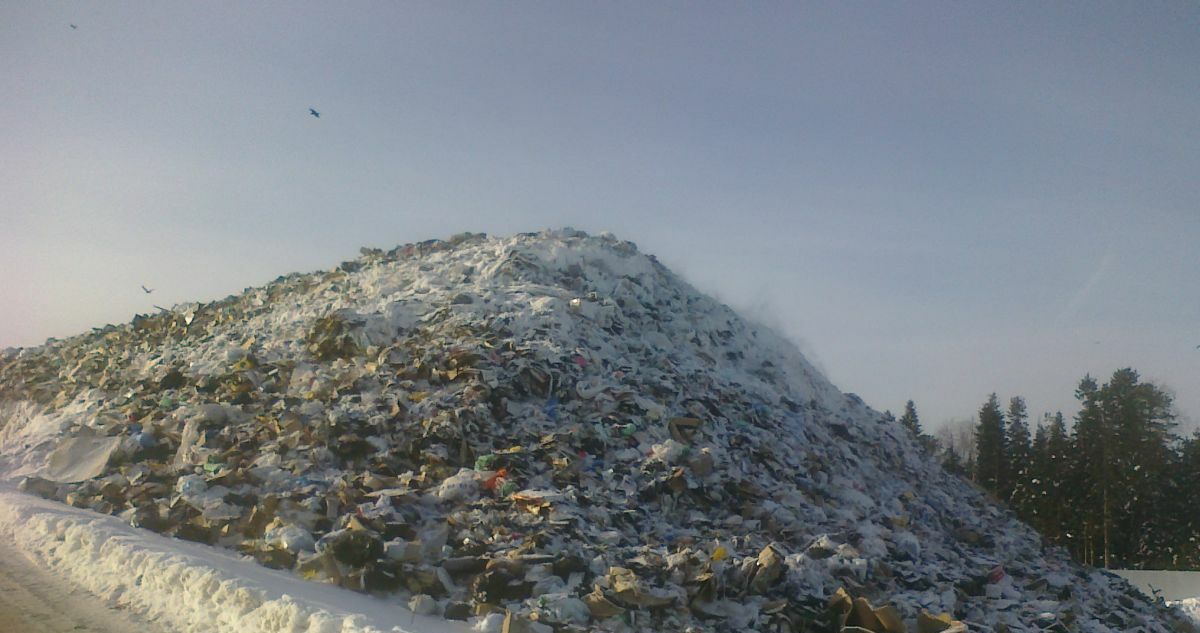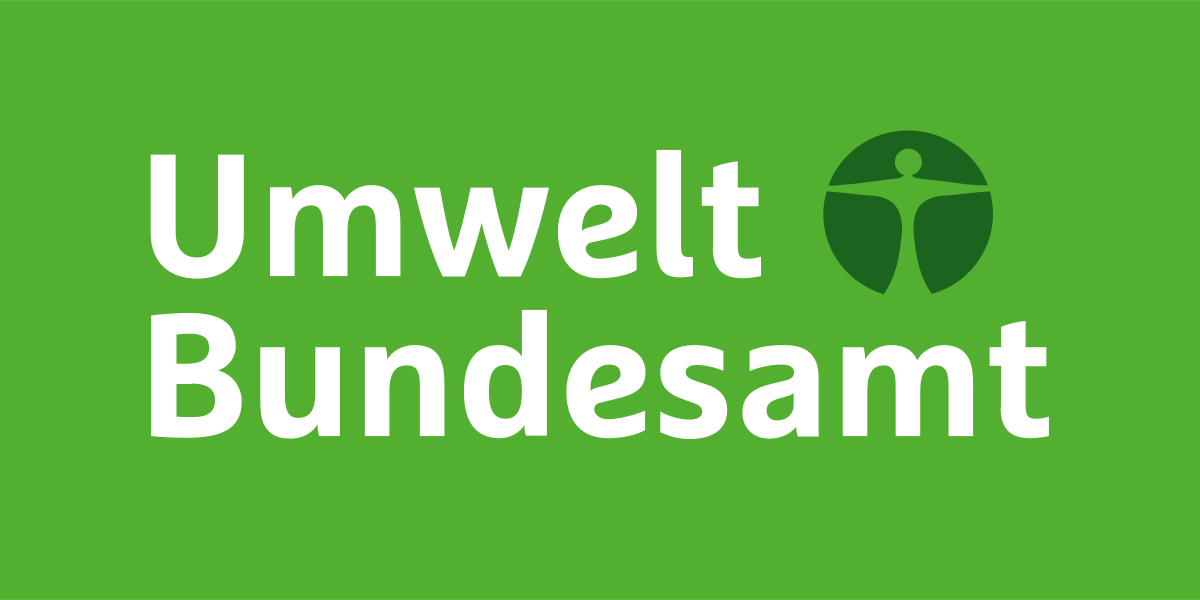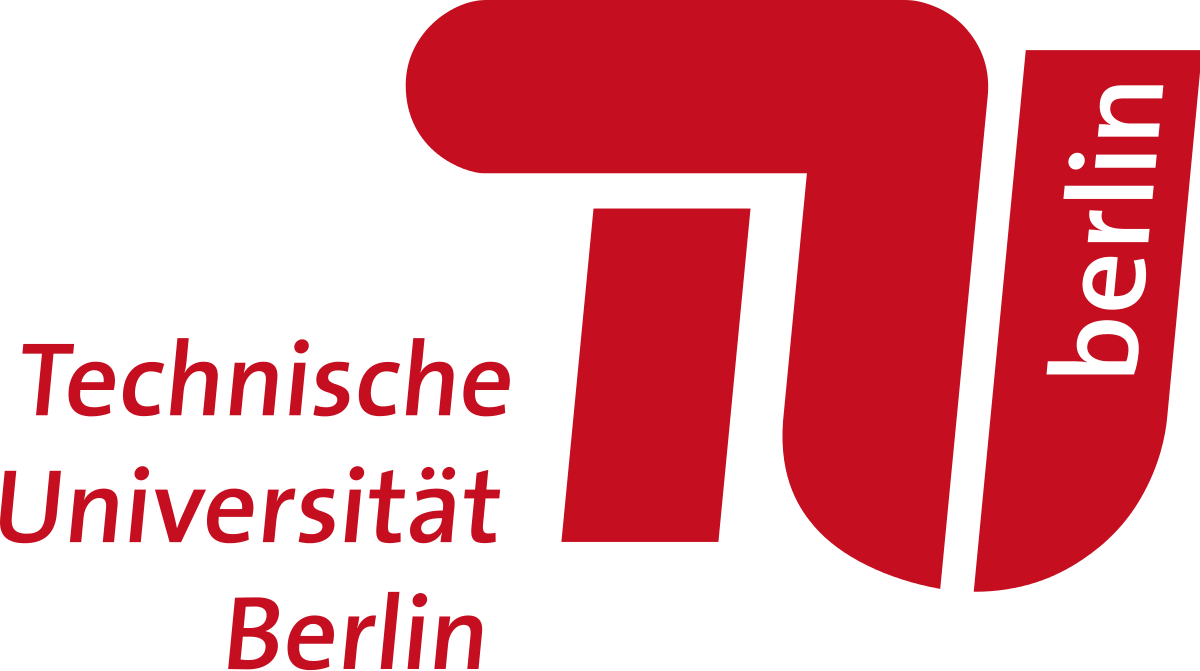Task/ Method
The particularities and challenges of establishing a waste management system in the city of Khanty Mansiysk were due to the following factors: rapid economic and population growth, climatic conditions, sparsely populated areas and extremely limited land area for landfill construction (swamps). In a comprehensive waste sorting analysis, intensive research on the legal situation, a market analysis for recycling products and a description of the waste management infrastructure, the basics for a waste management concept were developed. Based on this information, the possible options for an economic and ecological waste management solution were presented and evaluated to the city administration of Khanty-Mansiysk. The concept was discussed in detail with representatives of the city administration.
After intensive consultations, the city administration of Khanty-Mansiysk opted for a concept that mainly focuses on recycling and reduction of landfill volume. This means that in the short term the construction of a separate collection system for recyclable materials (metals, glass, paper and plastics) and the construction of a recycling centre for the processing of these recyclable materials is to commence. In the medium term, an MBWT plant is to be constructed with the aim of collecting further recyclables, producing secondary fuels and, above all, significantly reducing the volume of landfills.
The challenges in the implementation of this concept are mainly seen in the fact that on the customer side great efforts still have to be made to build up a functioning recycling industry. There are currently initial approaches to recycling metal, glass and paper. However, new structures need to be set up for plastics and secondary fuels.
Client / Project partner
The waste management concept (WMC) was developed by ARGUS between 2011 and 2014 as part of the Federal Environment Agency's advisory assistance programme. The TU-Berlin, the University of Yukra, the city administration, the waste management company and other actors from politics and business participated in the project. A concept for the establishment of an environmentally compatible and sustainable waste management system was handed over to the city administration. The procedure for the preparation of WMCs was described in a practical guide, so that other municipalities and districts could also benefit from it.
Results/ customer benefits
From the extrapolated results, valuable findings can be derived for the economic and legal design of waste management measures with the aim of further reducing problematic and recyclable materials from residual municipal waste. Decision-makers from politics and industry thus have extensive and detailed data at their disposal. The first results of this project are expected at the end of 2019. The final report is expected to be available in the first quarter of 2020.





